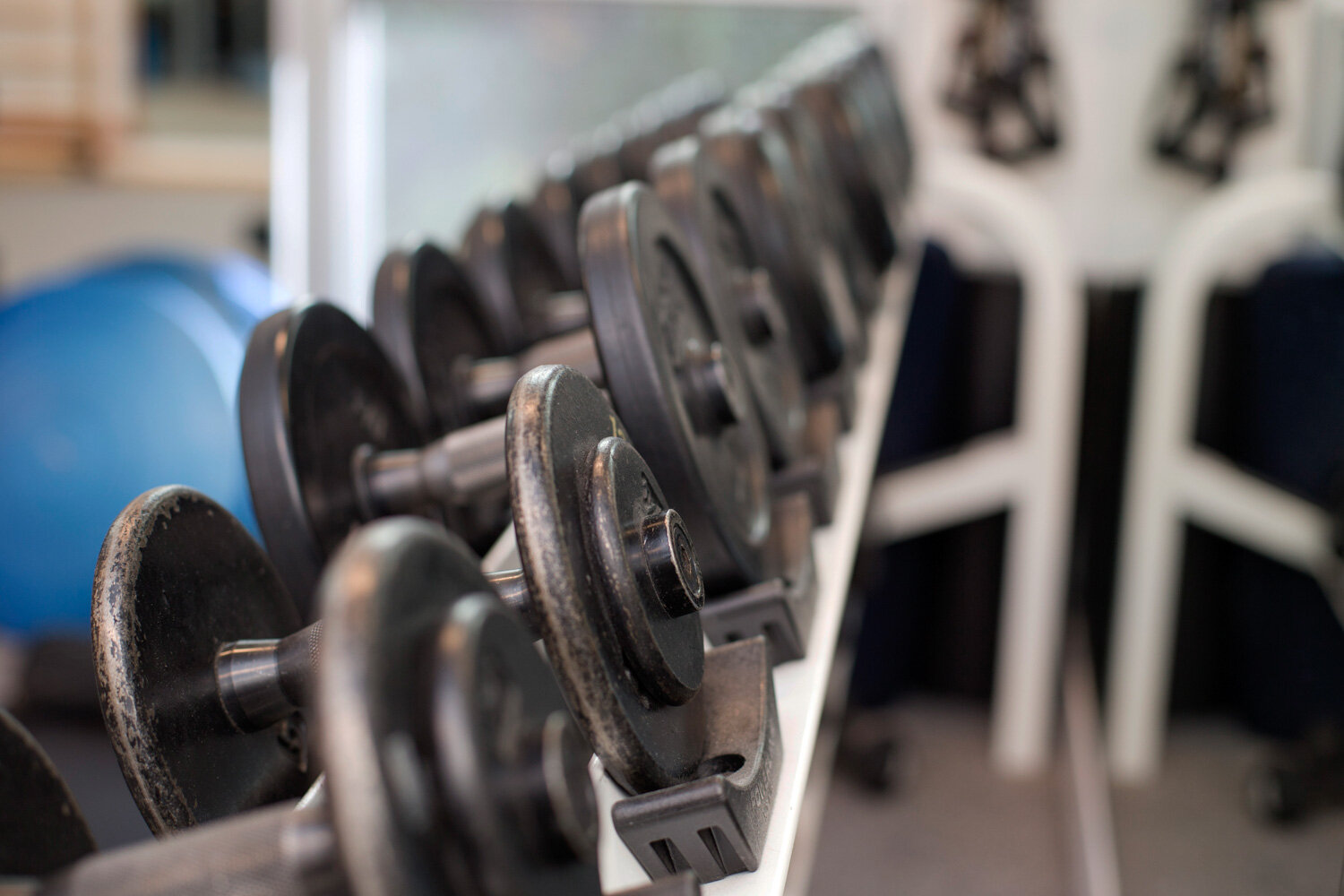Pelvic floor muscle strengthening is a specific type of training program, targeted to strengthen the pelvic floor muscles. The pelvic floor is a group of muscles that are responsible for maintaining continence, providing support to internal organs, and are important for sexual function. People with low tone or weakness of their pelvic floor, who are unable to control urine, gas or stool, or are experiencing heaviness/dragging sensation in the pelvis, or some types of sexual dysfunction might benefit from specific pelvic floor muscle strengthening. There are multiple possible reasons one might experience the previous symptoms so it is important to see a pelvic floor physical therapist to make sure you would in fact benefit from pelvic floor strengthening.
Pelvic floor strengthening can be achieved in a few ways, simply with active contraction of the pelvic floor muscles (kegel), or with the assistance of devices such as biofeedback, or e-stim. Vaginal weights or cones are another product that are usually sold in a set of various weights and the weight itself can be inserted into the vagina to help strengthen the pelvic floor while performing pelvic floor contractions. The idea behind using vaginal weights is to add resistance or load to an exercise just as one might increase the weight they lift at the gym to build muscle.
However, a Cochrane review from 2013 (Herbison et al.), suggests that pelvic floor muscle training without weights is likely just as effective as using vaginal weights. For most people with pelvic floor weakness there is enough of a challenge and resistance from working against gravity and is why I typically start patients with performing pelvic floor strengthening exercises while lying on their back or on their side, then progressing to sitting up or standing as they gain strength. Vaginal weights can be useful for some people as a form of biofeedback or a way to provide tactile cueing for a home exercise program.
Overall, there are more functional ways to load the pelvic floor, such as coughing, running, lifting, even walking, as opposed to using vaginal weights once a baseline strength has been built. Anyone interested in using vaginal weights would benefit from a pelvic floor assessment performed by a pelvic health physical therapist to help determine if they would in fact benefit from using them.
Click Here to schedule your next appointment with the women’s health expert at MEND

